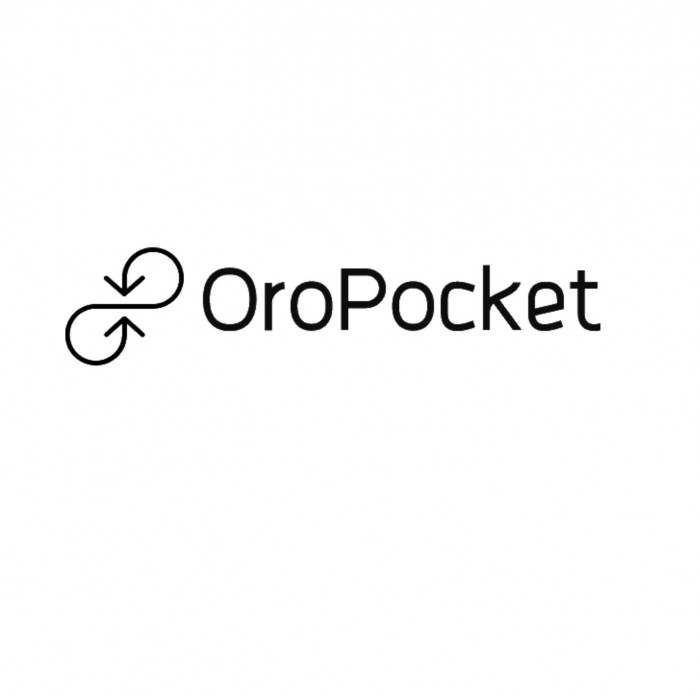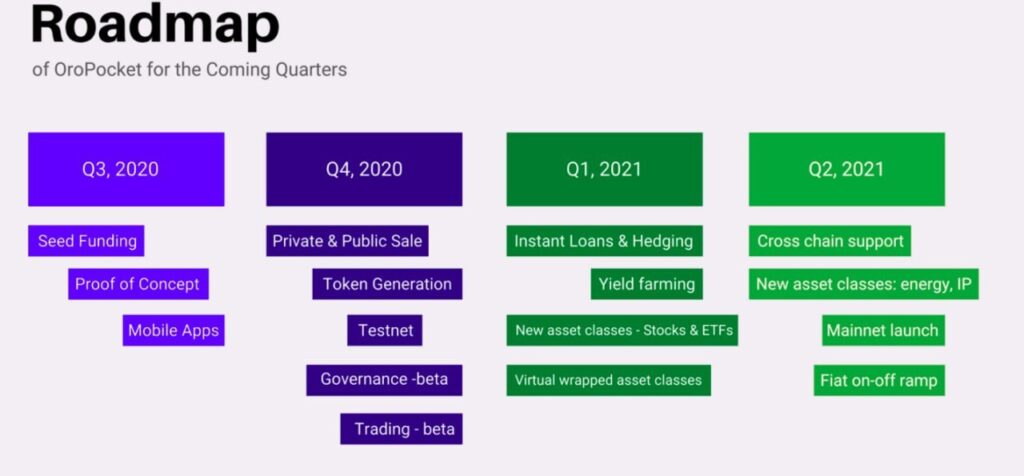Tarusha Mittal began publication of her lifestyle magazine, MishMash, in 2009, with little knowledge her career would veer away from the humanities and toward deeptech.
Then, destiny called when Tarusha’s childhood friend Mohit Madan approached her about starting a data center business.
“In a way, it was reckless, as I did not come from a tech background. But the idea of starting my own venture was so exciting. So we started Cloudrino. But as we were bootstrapped, we couldn’t scale it and compete with the likes of AWS and Google Cloud,” Tarusha says in a video interaction with BlockchainStory.
Nevertheless, the first door closed while the second opened. Tarusha found the time to examine blockchain and cryptocurrency when his data center and cloud business were on hold.
“In 2013, we were already assembling mining rigs for crypto, and since we had stopped scaling Cloudrino, we launched an Ethereum exchange named ethx.co. It was one of the first Ethereum exchanges in India, and we were also trying to go global,” she says.
OroPocket’s birth
India’s Reserve Bank blocked crypto transactions almost overnight in 2018 with an almost instantaneous decision.
Essentially, this signaled the beginning of the bearish crypto winter, during which blockchain startups had difficulty moving forward.
“We could either move our operations abroad or shut down. We needed banking support as we were a centralised exchange. We hadn’t raised any money yet again, and so moving abroad would have proved too expensive and tedious,” she says, adding:
“Rather than shutting down, the only other option was to pivot.”
The founders were once again forced to scale down their business as they did with the data center company.

As ethx.co ceased operations, they created a blockchain-based fintech app.
Oropocket, a startup in Delhi, is enabling users to invest in digital gold and silver in order to diversify their portfolios beyond traditional assets.
Besides investments, the company offers customers financial services, making all assets liquid.
“With OroPocket, users can invest in digital gold or silver, where they own the assets, but not physically. We keep the gold and silver secure, but allow users to spend, buy or perform UPI transactions backed by these assets. This way, we ensure the digital gold and silver are highly liquid.”
Tarusha explained.
Acheron Capital, LD Capital, Rarestone Capital, Morningstar Ventures, NGC Capital, Alphabit, Moonwhale Ventures, Acheron Capital and Zokyo Ventures invested $2 million in OroPocket during the first quarter of 2021.
OroPocket: how it works.
The startup’s 45+ members maintain reserves of gold and silver that are allocated to users when they purchase it digitally. The Ethereum, Tezos and Polygon blockchains are used to determine ownership and to record future transactions.

Using Tarusha’s blockchain, users get peace of mind because their assets are recorded in secure, public ledgers.
“When these transactions are recorded on blockchain, anyone can see it, and thus there is more transparency and security. Now, with Layer 2 scaling solutions such as Polygon and Ethereum 2.0 coming in, the process becomes even more easy due to negligible gas fees (transaction fees),” she adds.
With the blockchain-based asset-backed banking services that OroPocket provides (which are decentralised), it claims that these services do not come with the hidden fees and cumbersome procedures associated with traditional banks (which are centralised entities).
In exchange for this fee, the startup makes money.
UniFarm and OpenDefi
The company also makes revenue via two other products under the OroPocket umbrella – OpenDefi and UniFarm.
“OpenDefi is a decentralised finance (DeFi) product which is a mix of real world and synthetic assets (tokenised derivatives). Here, the backend works on P2P (peer-to-peer) networks. We charge users transaction fees as well as integration fees for developers building on top of this protocol,” Tarusha adds.

In UniFarm, users can claim annual percentage yields (APY) of up to 250 percent by staking their crypto holdings.
It is a farming solution where blockchain projects come together to create a reward pool. Users can stake any token and get multiple tokens as rewards. Staking crypto is a process that involves committing crypto assets to support blockchain networks and confirm transactions.
In UniFarm’s model, users are not charged. Instead, the startup charges the blockchain projects and networks it integrates.
A roadmap for the future
OroPocket claims that despite having a range of products globally, the company does not have any opponents with regards to DeFi and yield farming.
It is working on obtaining an NBFC license so it can provide loan services so it can build a complete financial ecosystem for users in the crypto and DeFi space.
However, the success or failure of this project, along with many others in India, could be influenced by an upcoming governmental bill on cryptocurrencies.

Nirmala Sitharaman, India’s finance minister, has hinted that the government is unlikely to clamp down hard on cryptocurrencies, however some reports suggest that government-issued currencies will remain legal.
“We hope and believe the bill won’t be prohibitive, and we look forward to more encouragement for blockchain projects built in India by Indian founders. If crypto is classified as a commodity, or based on their use cases, it gives room for people to build in this space,” says Tarusha.




